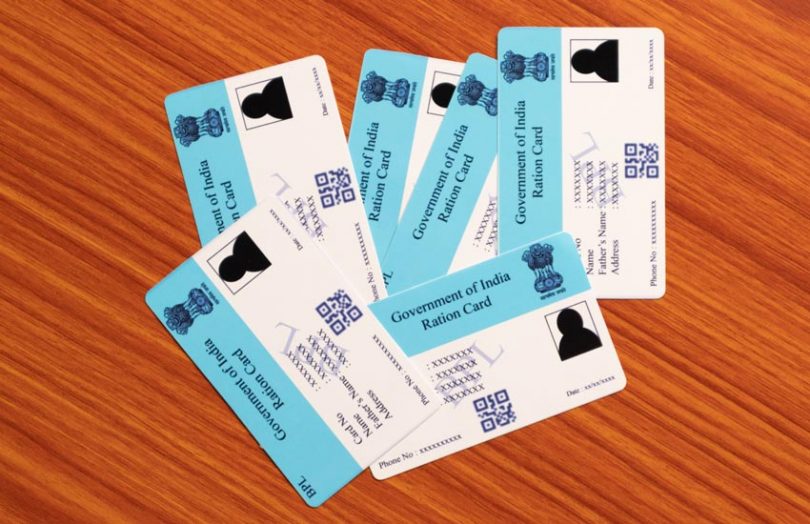The Indian state of Telangana is launching a blockchain trial for food distribution to the poor, reported local media The New Indian Express. The Telangana State Civil Supplies Corporation (TSCSC) will introduce the distributed ledger technology (DLT) in the public distribution system (PDS) during this Kharif season (crops sown during the rainy season).
PDS is a food distribution network created by the Indian government for citizens below the poverty line (BPL). Residents can approach distribution centers with their BPL cards and buy essential foods at a heavily subsidized rate. A pilot project will be launched at the paddy procurement center in Siddipet district and later at a fair price shop in Gajwel town.
However, this system is marred with inefficiencies and corruption. The state government allots a certain quota of grains, cooking oil, pulses etc. to be distributed in a particular town or village. There have been numerous cases of adulteration or dilution, hoarding and distribution of inferior quality foodgrains by the intermediaries to increase profits. To combat this, the state’s Civil Supplies Commissioner Akun Sabharwal has launched the blockchain project.
The TSCSC will tag QR codes to bags transporting the foodgrains. Government officials can then scan them using a mobile application which will provide details such as weight, quality and source. Each bag can then be sent to specific distribution centres. Any discrepancy at the various stages of transport can be easily identified. The system also ensures that the ration reaches the targeted villages.
Even if the bags are barcoded, there’s a risk that the contents could be replaced with a lower quality produce.
In theory, IoT devices can be used during transportation to provide real-time monitoring of the ration. But the infrastructure is lacking. Based on how the trial works out, blockchain will be deployed in other parts of the state.
It was not clear what technology the state government will use, but an earlier announcement stated Tech Mahindra is helping Telangana to launch India’s first Blockchain District.
Blockchain is increasingly being used for socio-economic purposes. Last year, UNICEF Innovation Fund invested in six blockchain startups which focus on welfare or the development of emerging economies. In China, Alibaba has launched a blockchain platform for charitable organizations. And Oxfam is using blockchain in Cambodia to empower rice farmers.







